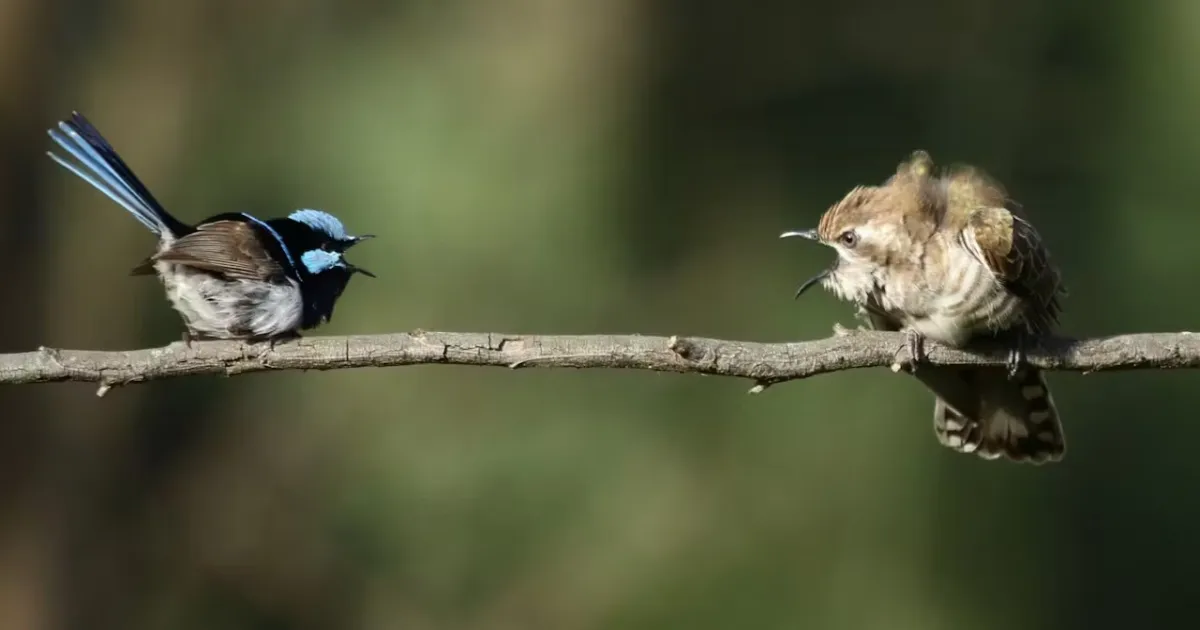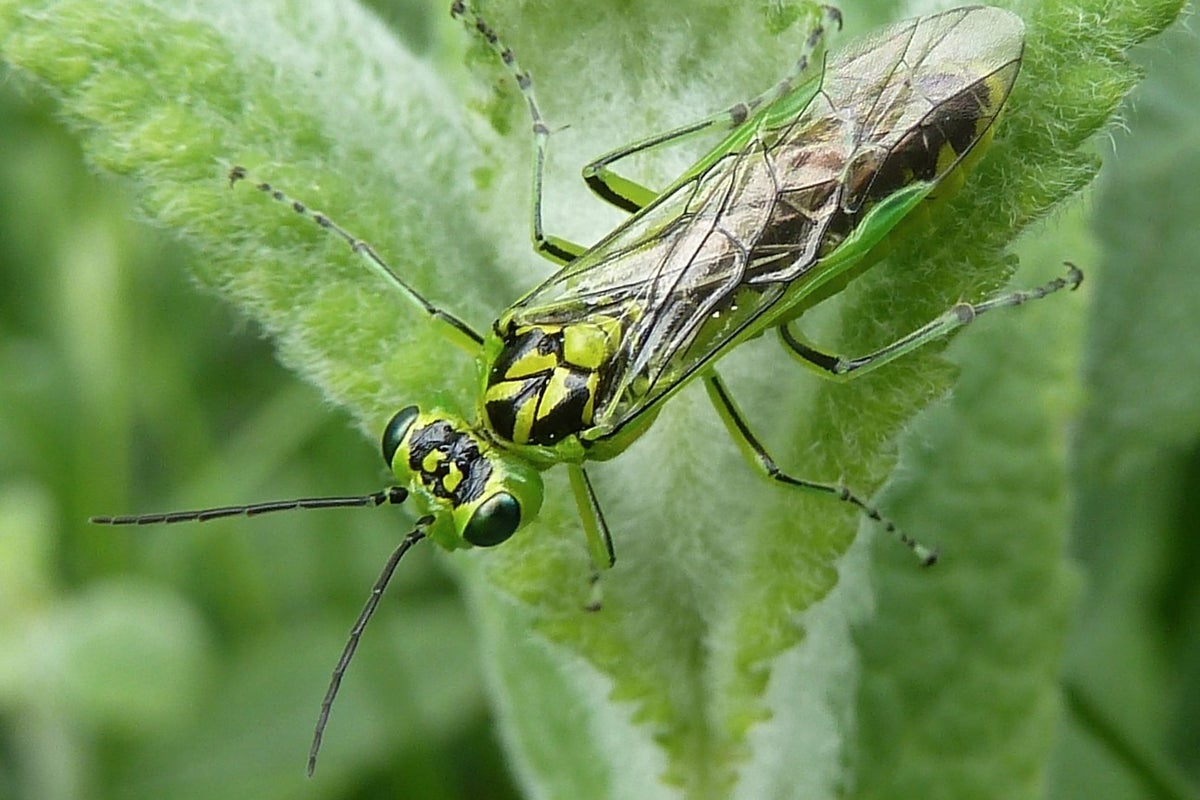Revealed: Birds Worldwide Share a Secret Alarm Call Against Cuckoo Invaders!

Imagine a world where birds, despite being continents apart, speak the same 'language' to warn each other of danger. A groundbreaking study published in Nature Ecology and Evolution has unveiled just that: birds across the globe, from Australia to China, utilize an identical alarm call to alert their feathered friends about brood parasites like cuckoos.
This remarkable finding opens a window into the complex world of animal communication and even hints at the evolutionary roots of language itself. Brood parasites, such as cuckoos, are a threat to many species, laying their eggs in the nests of unsuspecting host birds and tricking them into raising their young. The parasitic chicks typically eliminate their host's offspring, monopolizing parental care.
To combat this, species like Australia’s superb fairy-wren have evolved a unique alarm call specifically designed to signal the presence of these cunning intruders. This call prompts defensive actions from nearby birds, showcasing an extraordinary level of cooperation among avian species.
But here’s where it gets even more fascinating. Researchers discovered that 21 different bird species, some separated by over 50 million years of evolution and living on different continents, produce this alarm call when facing brood parasites. They analyzed online wildlife media databases and confirmed that species from India to Sweden, and even China, exclusively use this call for brood parasites like cuckoos or parasitic finches.
Experiments conducted in Australia involving superb fairy-wrens and white-browed scrubwrens demonstrated that these birds instinctively produce the alarm call when encountering a taxidermied cuckoo, while ignoring other threats like natural predators. Playback experiments revealed they respond strongly to the call, even when it comes from unfamiliar species. For example, playing an Australian bird’s call to Chinese birds provoked identical defensive reactions, indicating that this call indeed carries universal significance regarding brood parasites.
This study challenges traditional concepts of animal communication, often seen as either instinctive or learned. The response to the alarm call is instinctive, but the ability to produce it requires learning through observation. Remarkably, birds unfamiliar with cuckoos only start using the call after witnessing others do so. This blend of instinct and learning, observed in over 20 species, may represent an evolutionary stepping stone toward the complexity of human language, echoing Charles Darwin’s 19th-century hypothesis that instinctual sounds could evolve into more complex communication.
The implications of this discovery are profound, not only showcasing the sophistication of avian communication but also paving the way for future research into how cooperative behaviors evolve to tackle shared threats.


























